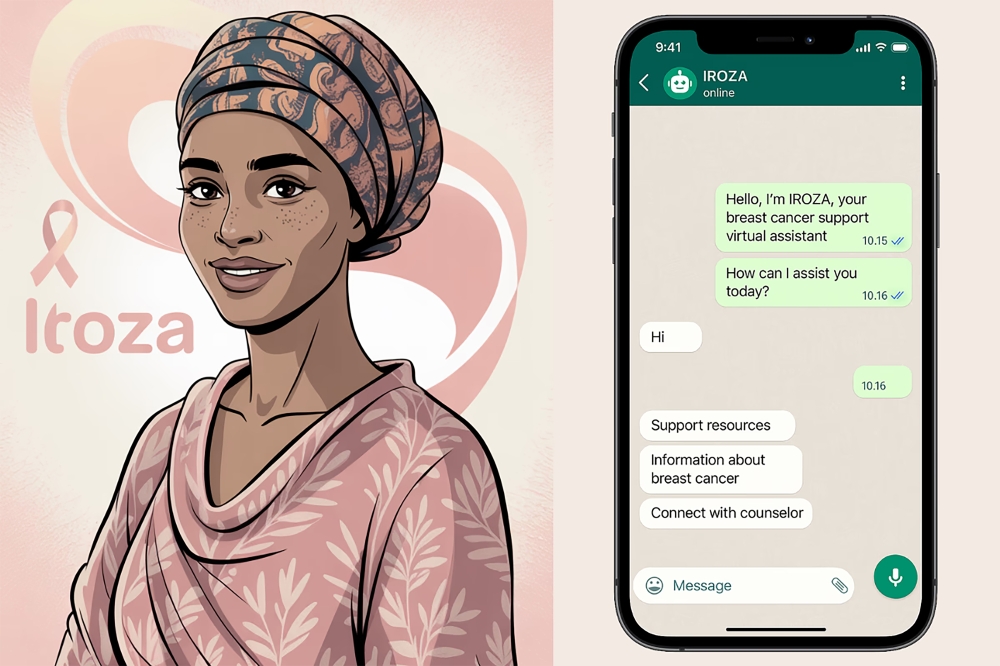Nosebleeds are hardly ever a cause for alarm but they can become life threatening in rare cases. The medical term for nosebleed is epistaxis or nasal hemorrhage. The human nose and those of many animals are rich in blood vessels. Because of the position of the nose–right in the middle of the face–and all its blood vessels, most people have had at least one nosebleed in life, according to The Times of India.


Nosebleeds are hardly ever a cause for alarm but they can become life threatening in rare cases. The medical term for nosebleed is epistaxis or nasal hemorrhage. The human nose and those of many animals are rich in blood vessels. Because of the position of the nose–right in the middle of the face–and all its blood vessels, most people have had at least one nosebleed in life, according to The Times of India. Spontaneous nosebleeds are fairly common, especially in children. Most often, because the nose is full of blood vessels and is inconveniently situated in the middle of the face, any minor injury to the face can cause the nose to bleed profusely. Dr Rachna Pande, a specialist in internal medicine at Ruhengeri Hospital in Musanze District, says the most common cause for a nosebleed is dryness of the nasal mucosa – the inner lining of nose. "Further dryness also causes itching due to which people scratch inside aggravating the problem. Hypertension, bleeding and clotting disorders, liver diseases, nasal polyps, etc., are other conditions which can cause nose bleed,” she says. "You need to apply some lubricating substance such as vaseline or glycerin into the nostrils regularly to prevent dryness and nosebleed. The moment bleeding starts, pinch the nose tight and bend neck backwards. This should stop the bleeding. If it persists, seek medical attention.” In his article, Common Health Threats You Can’t Ignore, Ted Spiker, an associate professor of journalism at the University of Florida, US, says we usually write off random nosebleeds because we think we know the cause–dry air, aggressive nose-blowing, angry ex-girlfriend. "But out-of-the-blue bleeds can also be one of the few outward signs of a serious men’s health problem: high blood pressure, a condition that strikes nearly 8 percent of men between the ages of 20 and 34,” writes the former Men’s Health magazine editor. Spiker notes that if you don’t have your blood pressure checked annually, your tip-off may come from a nasal gush. "You get nosebleeds because the small vessels in the nose have tiny cracks, and the high pressure pushes blood out of them,” Dr Mehmet Oz, a cardiothoracic surgeon and host of The Dr Oz Show, an American syndicated television talk show, is quoted. "If you can’t connect your spontaneous spurt of blood to a specific trigger, make an appointment to have your blood pressure checked.” Dr Janvier Yubahwe, a general practitioner at Ubuzima Polyclinic in Kimironko, Kigali, says a nosebleed is a pathological condition that can affect any age group. Dr Yubahwe says about 80 per cent of the bleeding occur at a connection of blood vessels called Kiesselbach’s plexuss, on the lower part of the anterior nose septum known as Little’s area and classified as anterior nose bleeding. The posterior bleeding is only responsible of 20 per cent of cases. "Physical trauma, nose infections or allergy, nose tumors, and nose scratching usually cause nose bleeding. It can also be caused by increased blood pressure (hypertension), coagulation disorders, liver failure, and some serious infections such as typhoid fever and Ebola,” he adds. "The management is cause dependent, but the first action is to squeeze the nose with two fingers. If the bleeding does not stop after 15 minutes, it is advised to consult a doctor. Though these cases may be rare, untreated nosebleeds may lead to a hypovolemic shock, a life threatening medical condition due to an important loss of blood,” Dr Yubahwe said.




